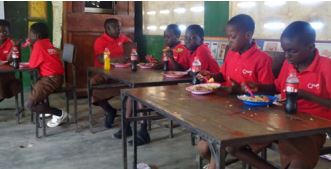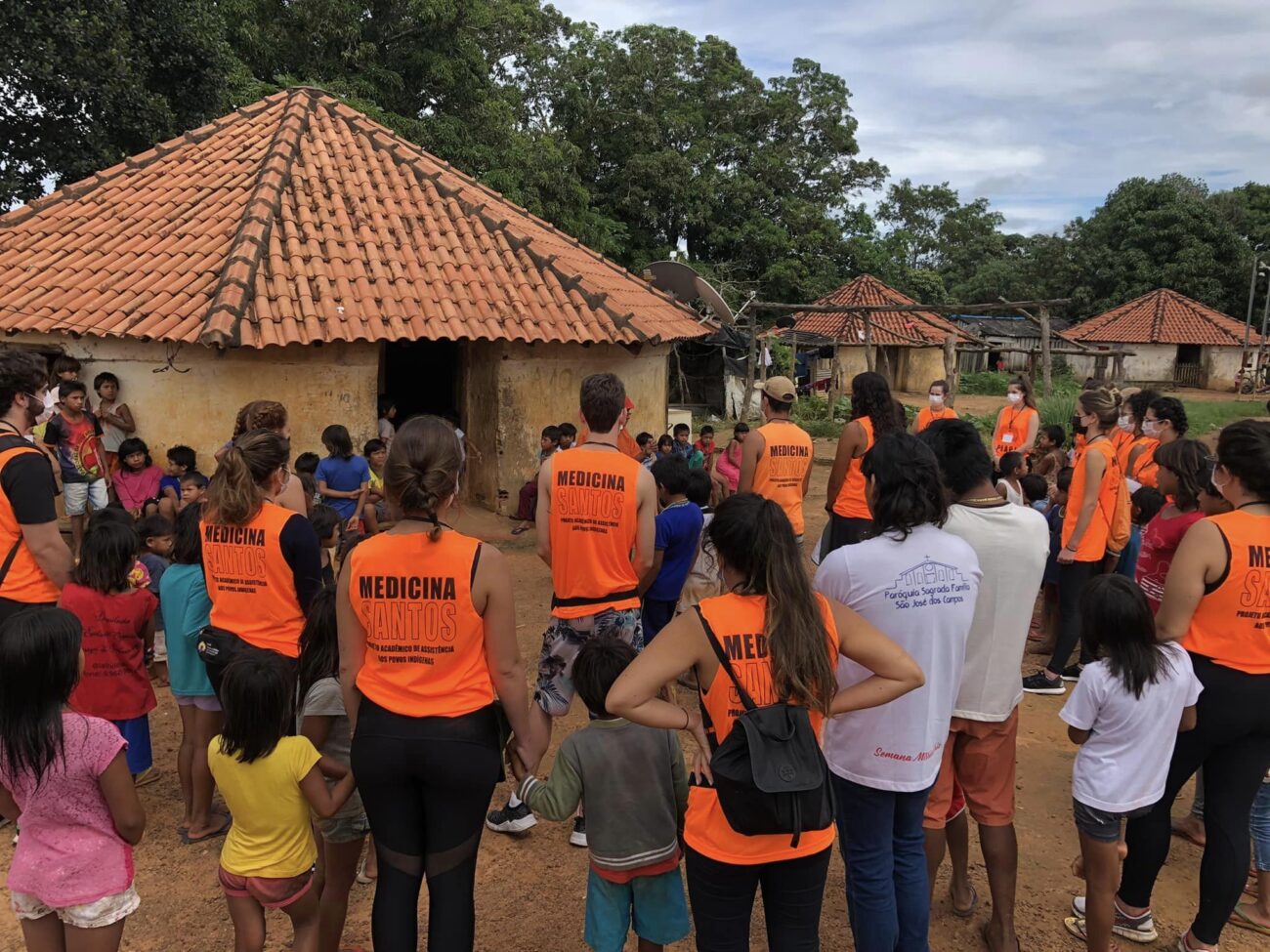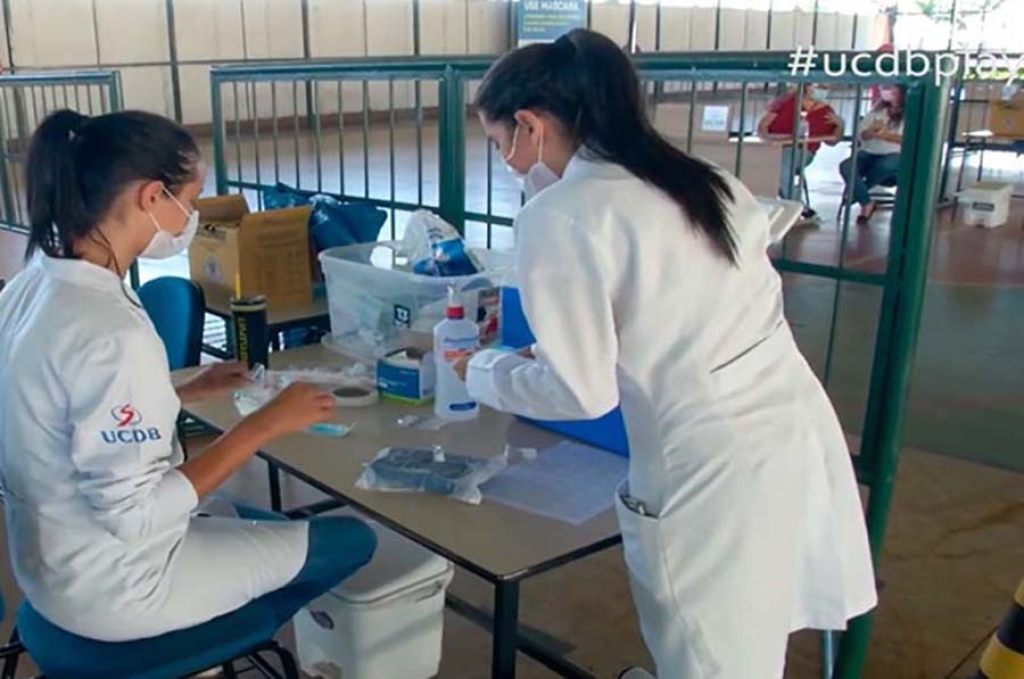DOMINICAN REPUBLIC: New Socio-Sporting Schools Give Hope to Street Children
(MissionNewswire) The Salesians of Madrid and the Real Madrid Foundation in collaboration with the Spanish Agency for International Development Cooperation (AECID) and the Salesian Province of the Antilles, celebrated the opening of their first two socio-sporting schools in the Dominican Republic with an inauguration ceremony on Sept. 27 at the Dominic Savio School House in Santo Domingo.
The two new schools—the Don Bosco Educational Plaza in Hainamosa and the Dominic Savio School House in Santo Domingo—use football as a tool for social integration, improving the quality of life for boys and girls who are at risk of social exclusion. Alongside the sports, schools provide various support services to children and their families, such as tutoring, classroom space for homework, vocational training, healthcare, nutrition education and cultural and recreational activities.
“We want young people to be integrated and develop healthy activities. They play, we educate,” said Emilio Butragueño, explaining the importance of the initiative.
The partnership between Salesian Missions and the Real Madrid Foundation is well underway and allows more than 2,000 youth and vulnerable children to participate in similar programs today. There are currently 13 operational socio-sporting schools in nine countries: Togo, Benin, Congo*, Ghana, Sierra Leone, Brazil, Portugal, Senegal and now the Dominican Republic.
“In the Dominican Republic, sports help youth to grow and develop into healthy, caring members of society,” says Father Mark Hyde, executive director of Salesian Missions, the U.S. development arm of the Salesians of Don Bosco. “And they pass on their knowledge for generations to come,” he adds.
ABOUT SALESIAN MISSIONS IN THE DOMINICAN REPUBLIC:
Salesian Missions is paving the path toward a better future for young people, where half of youth ages 13 to 18 suffer in poverty and lack needed skills to compete in the job market. The Salesians are using innovative approaches to prevent children from life on the streets and the lure of gangs. And they are instilling knowledge and values that will carry forward in the generations to come.
After finishing his studies, Edward stayed involved in the program – working with youth in the same situation he had been. He later graduated from the university with a degree in public relations and now is in charge of the graphic design department at the Salesian Technical Institute, where he also teaches.
“There are only three of my childhood friends that are alive since most of them got into gangs. This project saved my life from the personal perspective to the professional development. I don’t know what would have happened to me if it wasn’t for this project,” said Edward. “I still play basketball with the boys & girls in the project. This is the best way to discover their personalities and different ways I can help them.”
###
*Any goods, services, or funds provided by Salesian Missions to programs located in this country were administered in compliance with applicable laws and regulations, including sanctions administered by the U.S. Department of Treasury’s Office of Foreign Asset Control.




